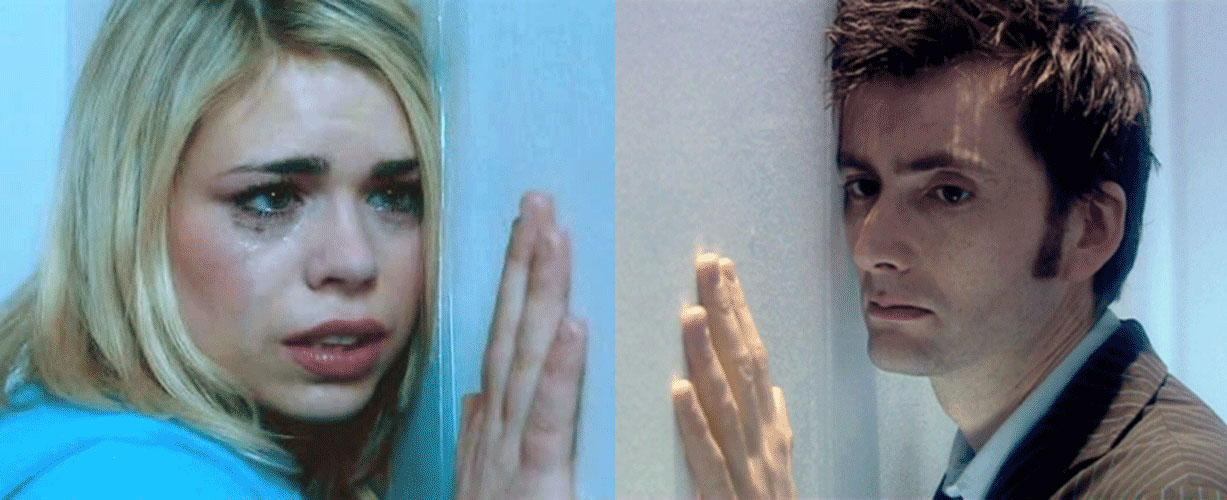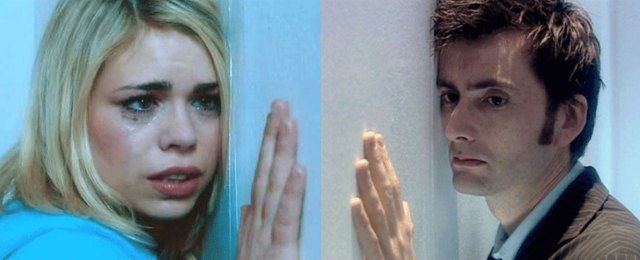Scientists Are Trying to Detect Parallel Universes With CERN’s Large Hadron Collider
Doctor Who "Doomsday": 1. Actual doomsday: 0.

The CERN Large Hadron Collider is gearing up for a new round of experiments, and things could get interesting this time with mini black holes and the discovery of parallel universes. We anxiously await the announcement of their discovery from Bad Wolf Bay.
The LHC particle accelerator has yet to detect any mini black holes to the relief of those who (mistakenly) believe that would destroy the Earth because its previous experiments didn’t output the energy needed to create them. However, the next round of activity for the collider will theoretically reach the energy level required to create the mini black holes if parallel universes exist, according to a new paper by Ahmed Farag Ali, Mir Faizal, and Mohammed M. Khalil.
“Normally, when people think of the multiverse, they think of the many-worlds interpretation of quantum mechanics, where every possibility is actualized,” Faizal said to Phys.org. “This cannot be tested and so it is philosophy and not science.” (Sorry, Rose.) He continued, “This is not what we mean by parallel universes. What we mean is real universes in extra dimensions. As gravity can flow out of our universe into the extra dimensions, such a model can be tested by the detection of mini black holes at the LHC.”
Their paper contends that quantum effects raise the energy level required to create the mini black holes, which would explain why they haven’t been created by the LHC so far. If parallel universes don’t exist, however, the energy needed to create mini black holes would be much higher than the collider could reach, because one of the requirements of creating them at low energy is that gravity literally flows through them into universes in other dimensions. If those dimensions don’t exist, then the LHC will continue to fail at producing black holes.
“If mini black holes are detected at the LHC at the predicted energies, not only will it prove the existence of extra dimensions and by extension parallel universes, but it will also solve the famous information paradox in black holes,” Ali added.
But if the experiments still come up empty on black holes, the scientists will need to go back to the drawing board. “If black holes are not detected at the predicted energy levels, this would mean one of three possibilities,” Khalil explained. “One, extra dimensions do not exist. Two, they exist, but they are smaller than expected. Or three, the parameters of gravity’s rainbow [a theory used in the paper] need to be modified.”
(via Phys.org)
Are you following The Mary Sue on Twitter, Facebook, Tumblr, Pinterest, & Google +?
Have a tip we should know? [email protected]
